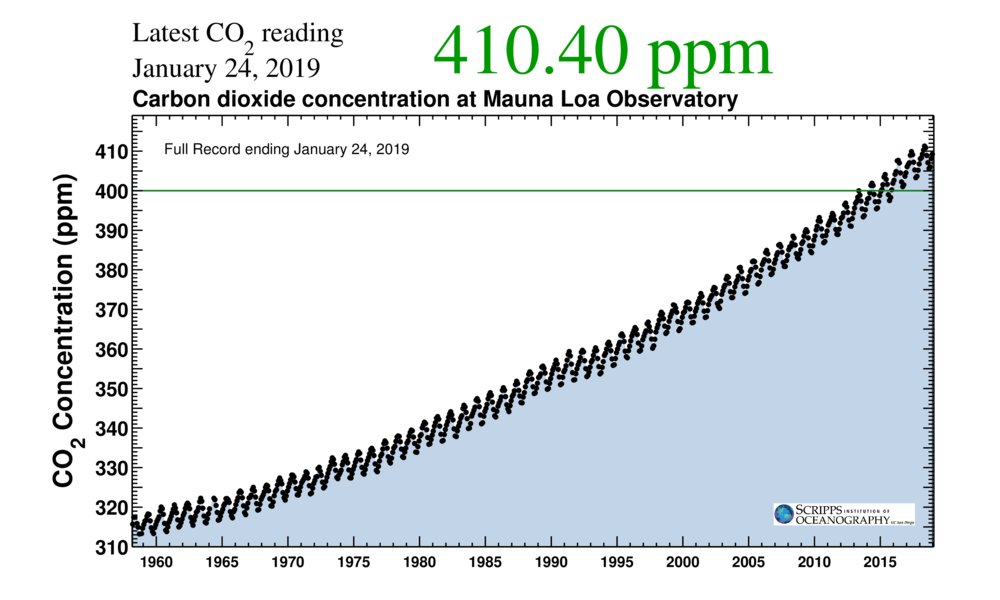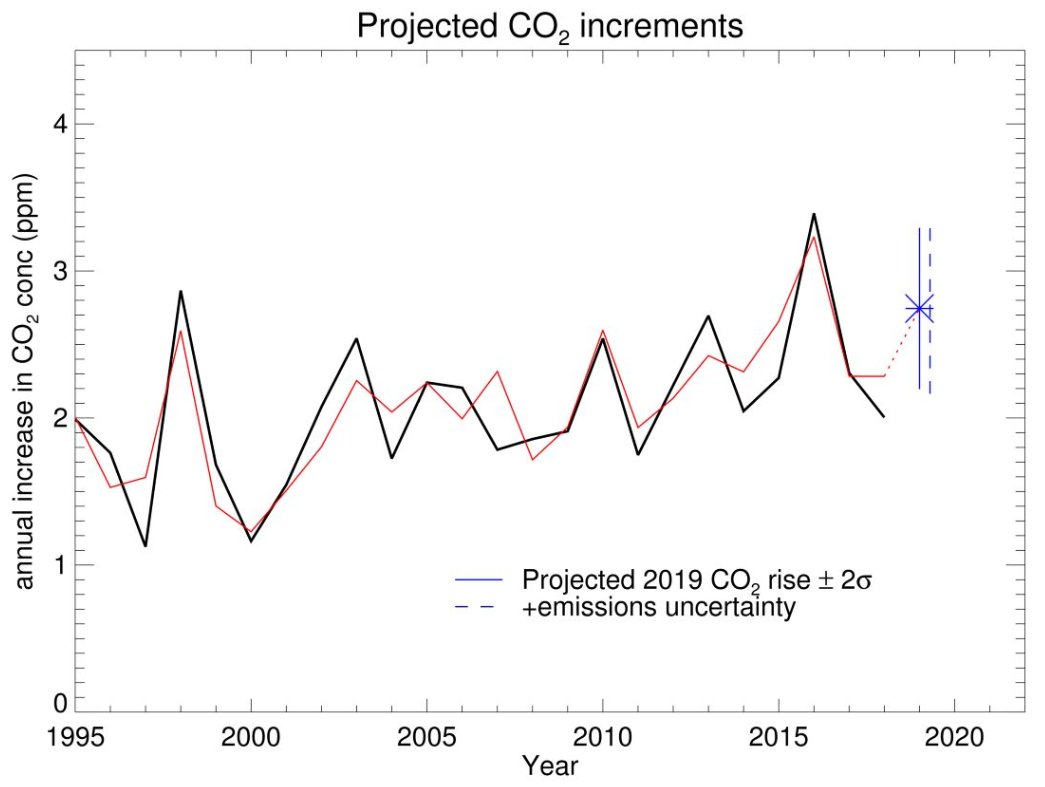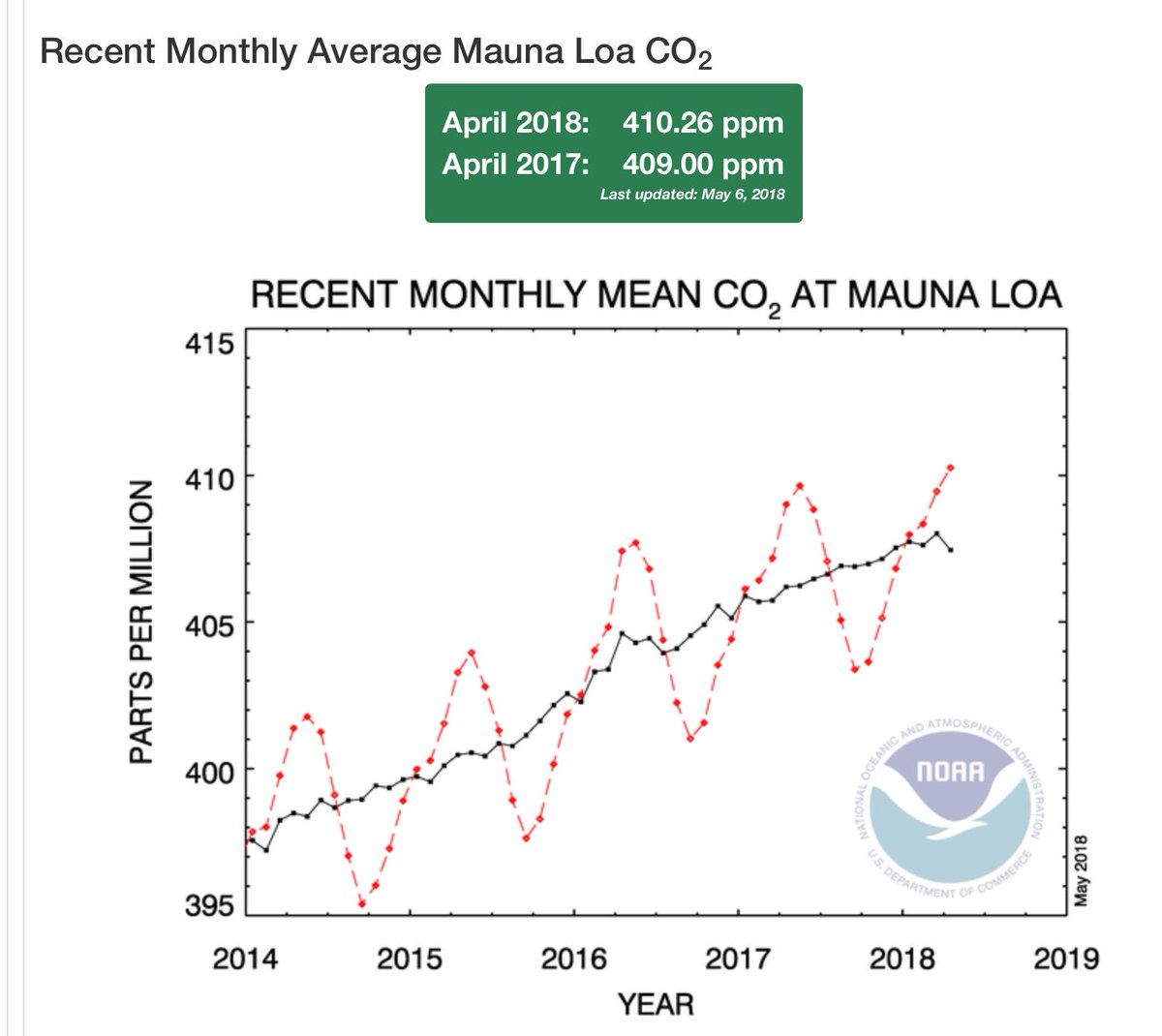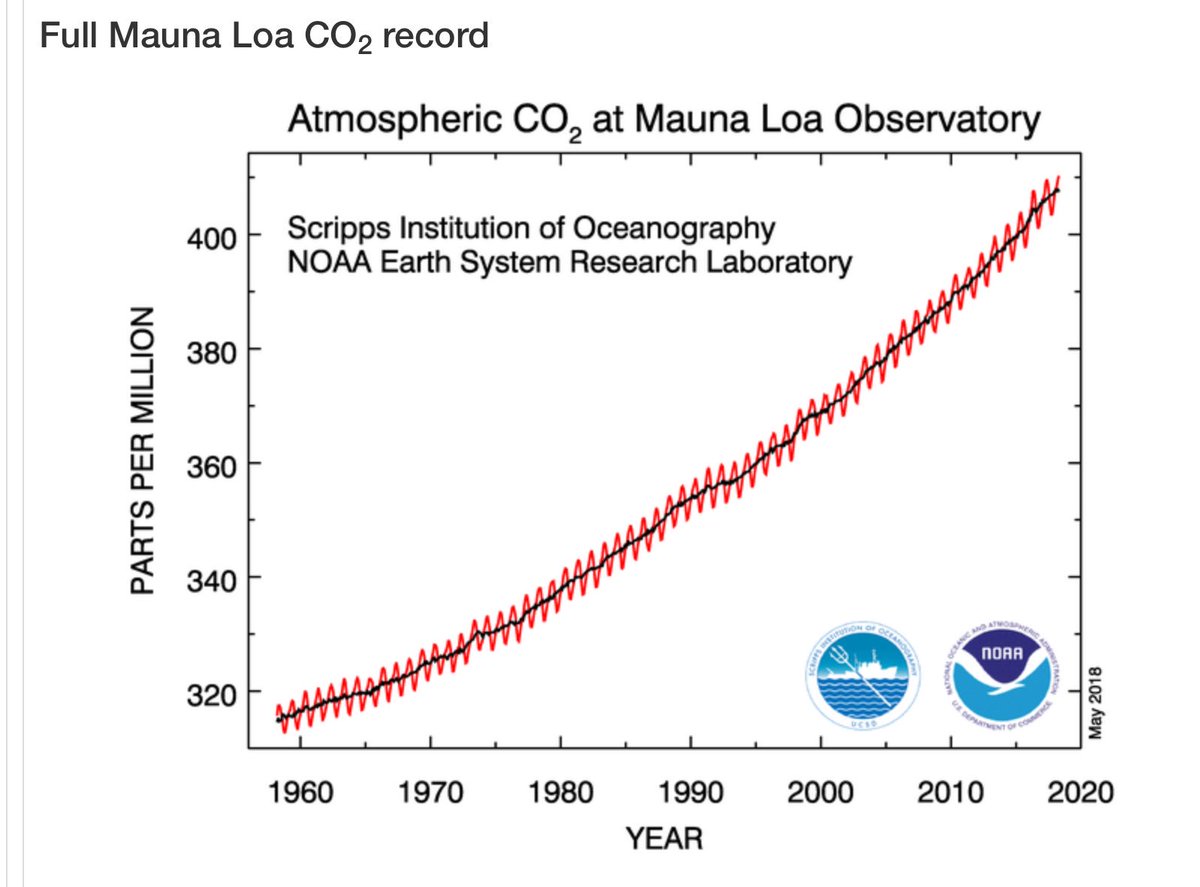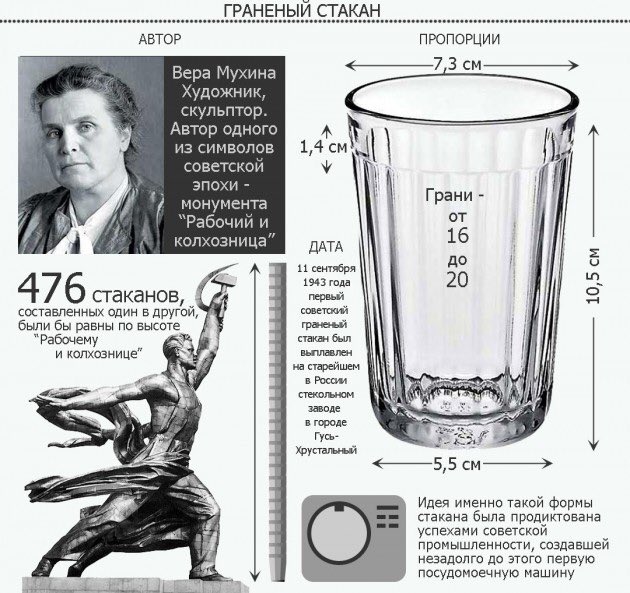This is 2.75 ± 0.58 ppm higher than 2018 - a larger rise than most years in the record including the last two years, but not as large as 2015-2016
metoffice.gov.uk/news/releases/…
The record rise in 2015-2016 was due to the sinks being particularly weakened by the large El Nino event at that time.
theguardian.com/environment/20…
Our forecast is based on a correlation between annual CO2 rise & sea surface temperatures in the preceeding April-March. The recent warm period in the tropical Pacific suggests a faster CO2 rise.
An important point is that this illustrates the role of carbon cycle feedbacks in the climate system. Natural carbon sinks have kept the historical rise to half of what it could have been.
But what if climate change weakens them?
independent.co.uk/environment/co…
newscientist.com/article/219188…
Our original prediction of the record CO2 rise in 2015-16 was published in @NatureClimate nature.com/articles/nclim…
royalsocietypublishing.org/doi/full/10.10…
In that we also estimated that the El Niño increased the annual CO2 rise that year by about a third. This all illustrates the importance of carbon cycle feedbacks in the climate system.
Loads of great papers documenting the impact of the 2015-16 El Niño on ecosystems & the carbon cycle!
royalsocietypublishing.org/toc/rstb/373/1…
We are forecasting the Keeling Curve
esrl.noaa.gov/gmd/ccgg/trend…
